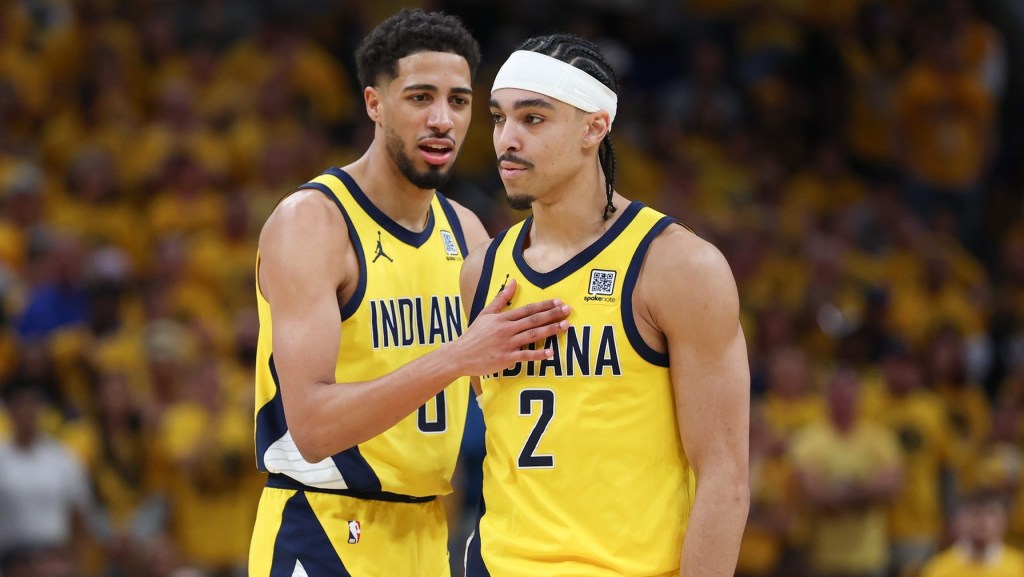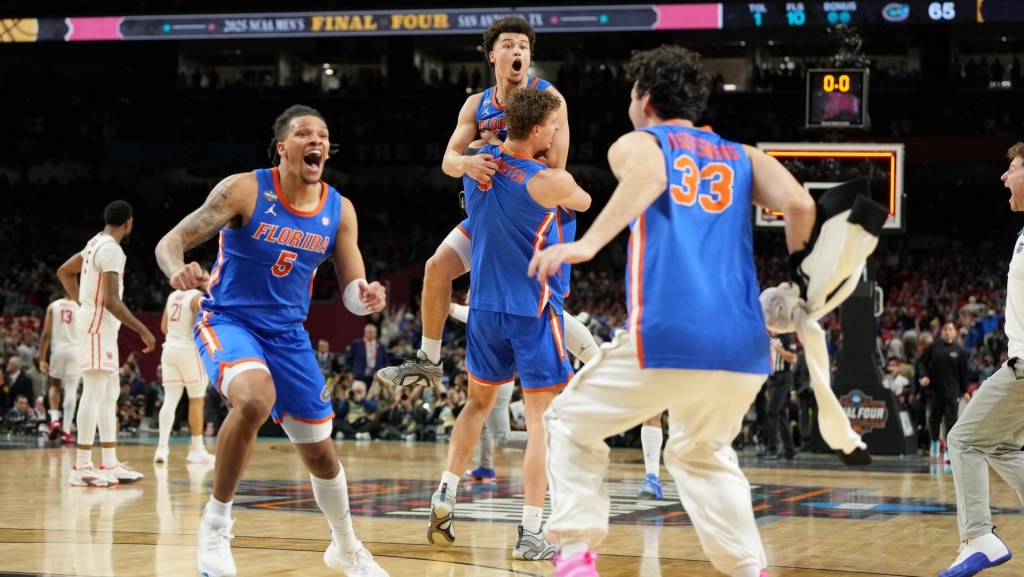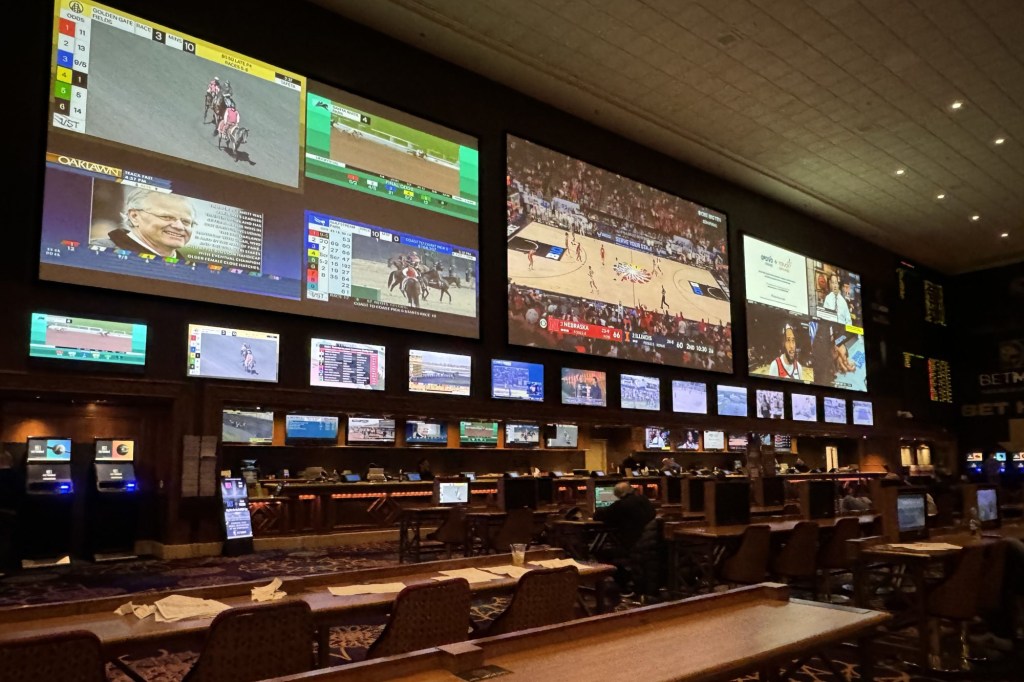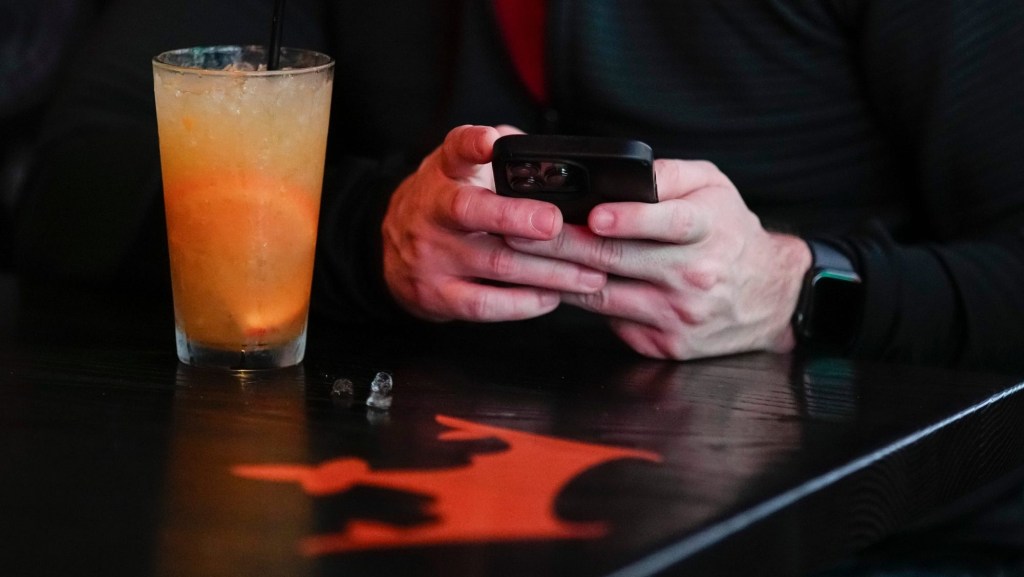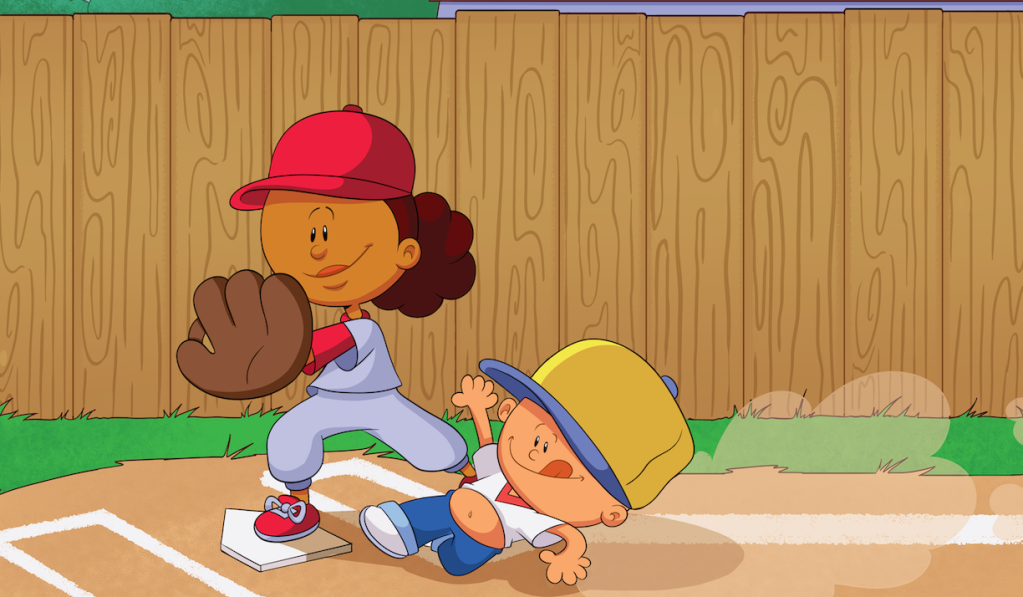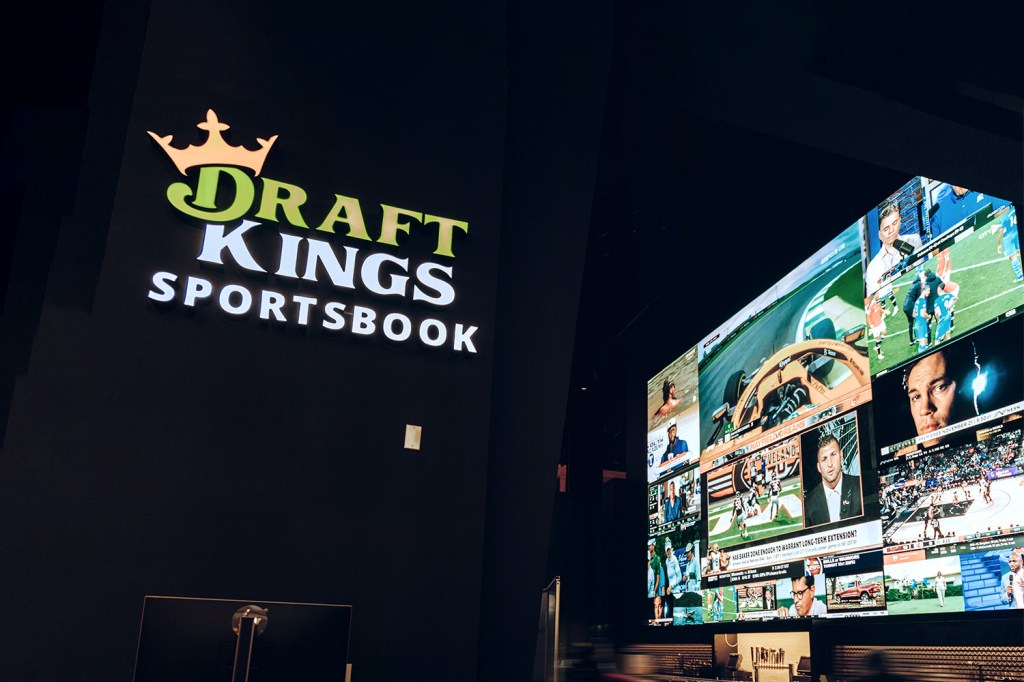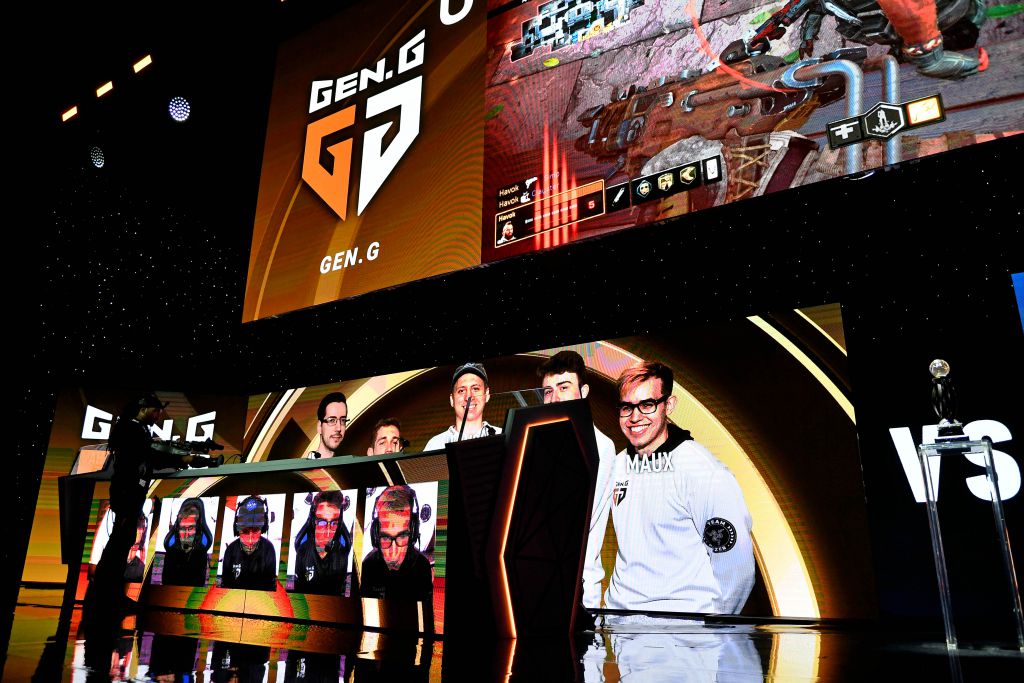
Even though he was a competitive gaming novice when he joined esports organization Gen.G as its vice president of strategic partnerships last March, Martin Kim caught on quickly to the stereotypes surrounding gamers: They play too many video-games – many of which are violent – and they don’t exercise enough.
When he worked for the Los Angeles Dodgers from 2011 to 2017, Kim noted the team’s interest in educating its ballplayers about mental health. They had a sports psychologist on staff who spoke to the players daily and made sure they were properly cared for and treated for.
“I started noticing that that is what a professional organization is supposed to do,” Kim said. “They’re supposed to create an environment for these very highly skilled gamers to take themselves to the next level.”
Over the last few years, money has flowed into esports as the industry has exploded in popularity. It is expected that revenues for the global esportsing industry will reach $1.1 billion in 2019, a year-over-year growth of 26.7%, according to a report from Newzoo – which also estimated that there are 23.9 million esports enthusiasts in North America.
However, despite the growth of the business around esports and gaming, there has not been a heavy investment into ensuring the well being of its players.
When Gen.G opened its Los Angeles headquarters in July, that was a big feature of the new facility which offers players access to healthy food, rest pods, and LA Fitness memberships.
Expanding beyond just the four walls of its headquarters, Gen.G also developed a Player Wellness Campaign alongside partners LA Fitness and Simple Habit.
The Player Wellness Campaign is designed to inform its gamers on better mental and physical health practices and to educate them on financial responsibility. With help from LA Fitness – an international gym chain – and Simple Habit – a wellness mobile app – Gen.G players will be receiving the same treatment akin to other professional sports leagues.
When asked if there’s any data that can shed light on mental health in esports, Kim says that it’s more anecdotal than quantitative. During the Player Wellness Campaign, Gen.G plans to also work with iHealth – a healthcare management company – and conduct research and studies to learn more about the prominence of this issue. Gen.G is also working with different apparel companies who have insight into clothing that is esports friendly and can prevent specific injuries or ensure better sleeping and training methods.
Outside of physical and mental health organizations, Gen.G is also consulting with financial companies about getting involved with the Player Wellness Campaign. Feeling that there isn’t a strong voice informing Gen Z how to spend their money, Kim wants them to be aware of potential financial pitfalls – and how to avoid them.
“We just really want this young audience to be aware of how to be savvier – including even financially,” Kim said. “The ball has started rolling and we’re getting a ton of questions and different propositions and going through it has been fun and exciting.”
READ MORE: Why The Washington Post Chose To Cover Esports
Another key element to the Player Wellness Campaign is Simple Habit’s role in helping gamers practice meditation. It was in 2018 that Gen.G CEO Kevin Chou met Simple Habit CEO Yunha Kim at an event, said Simple Habit Content and Partnerships Specialist Emelia Orke. Chou and Kim began discussing mental health in their respective industries – esports and digital meditation. Once Gen.G started working to address it as well, that’s when Simple Habit took a more active role, said Orke.
Simple Habit’s work with Gen.G has seen it create custom content based around the latter’s esports players, said Orke. There are at least 2,000 sessions players could choose from – ranging from meditation series on handing online negativity to making them feel less groggy when they wake up.
Another unique aspect of Simple Habit’s Gen.G-inspired stress-relief practices is curating them to both female and male esports gamers. Compared to their male counterparts, female esports players are subjected to higher amounts of online sexual discrimination and toxicity, said Orke. For both genders, she added that they feel their mental and physical health levels are tied to their gaming performances. With Gen.G, she hopes that these players don’t put added pressure on themselves – and are comfortable to freely express whatever feelings they’re experiencing.
“Gen.G is taking a huge step right now – seeking out and cultivating these relationships and developing this wellness initiative,” Orke said. “When we spoke with them, they were incredibly self-aware and they too wanted to have a great state of mind and to feel good. I think that the community is taking the first steps – and that in and of itself is huge.”
The gaming industry has had a checkered past when it comes to mental health, not only impacting players but also those who create games.
READ MORE: Complexity Gaming Finds Home In GameStop Performance Center
As a founding partner of LA-based law firm Morrison Rothman LLP, Ryan Morrison got involved in esports by providing legal advice to independent game developers whose work would be taken advantage of by publishers. Once they began seeing his esports work, players – hundreds, Morrison added – began seeking him out for legal help.
While mental health is still far from being destigmatized in esports, Gen.G’s efforts are commendable, said Morrison. He estimates that players can spend up to 19 hours a day playing video games. Factor in the temptation to browse through Reddit and Twitter and these players’ lives can start to suffer.
Luckily though, Morrison has noticed a more concerted effort by esports organizations to implement mental-health initiatives. Despite being long overdue, the players’ best interests are finally being prioritized now – and they can begin eliminating their previously unsustainable work habits.
“We need way better living conditions and work hours,” Morrison said. “They’re just in front of their computer playing from when they wake up to go to bed – that’s not a way to survive. The more healthy bodies and minds we promote, we’ll start to see healthier and happier players.”
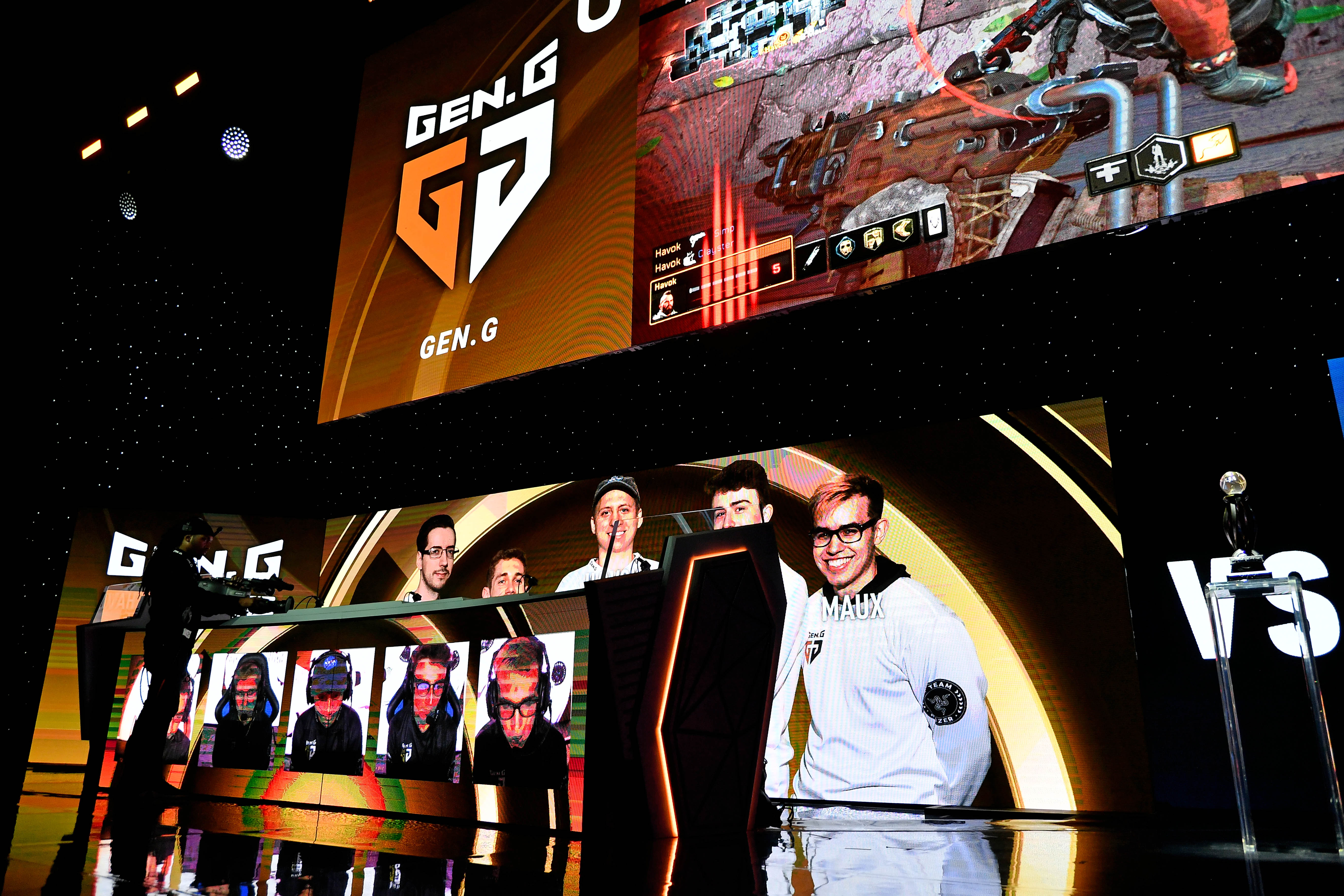

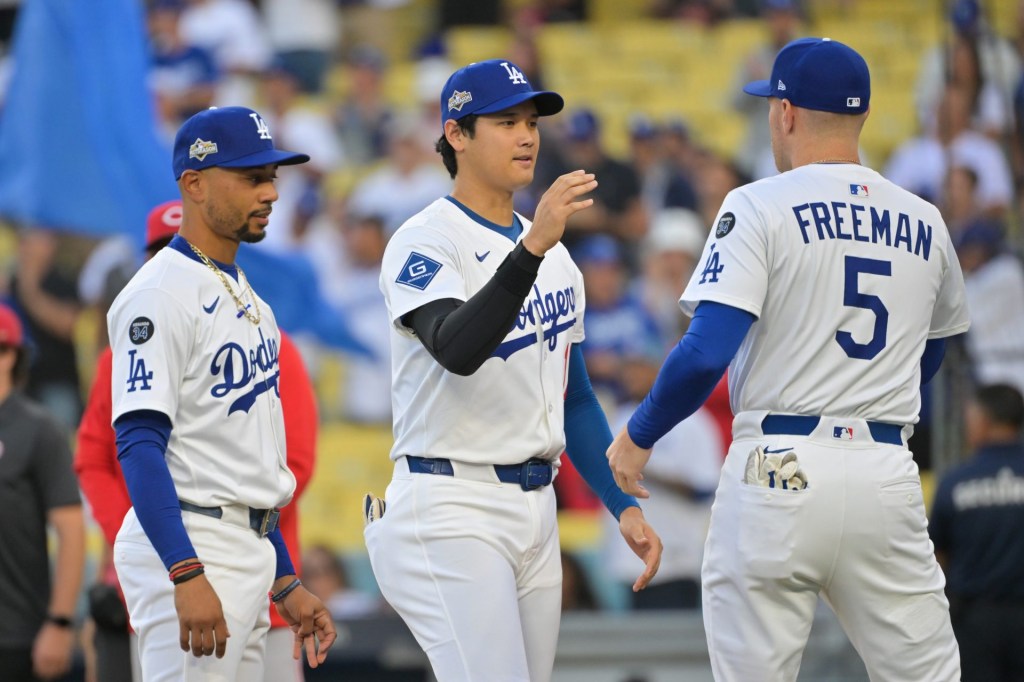
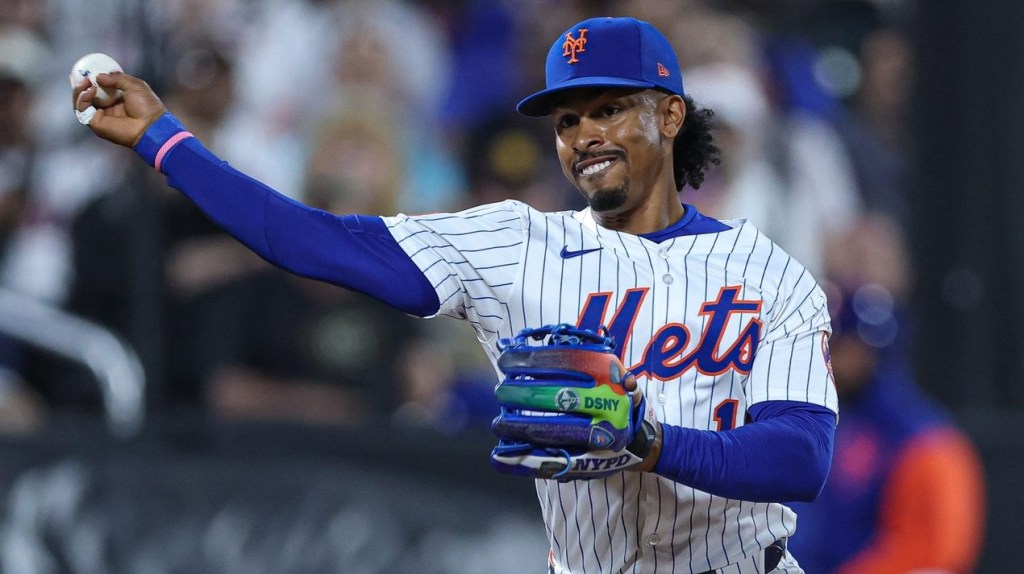
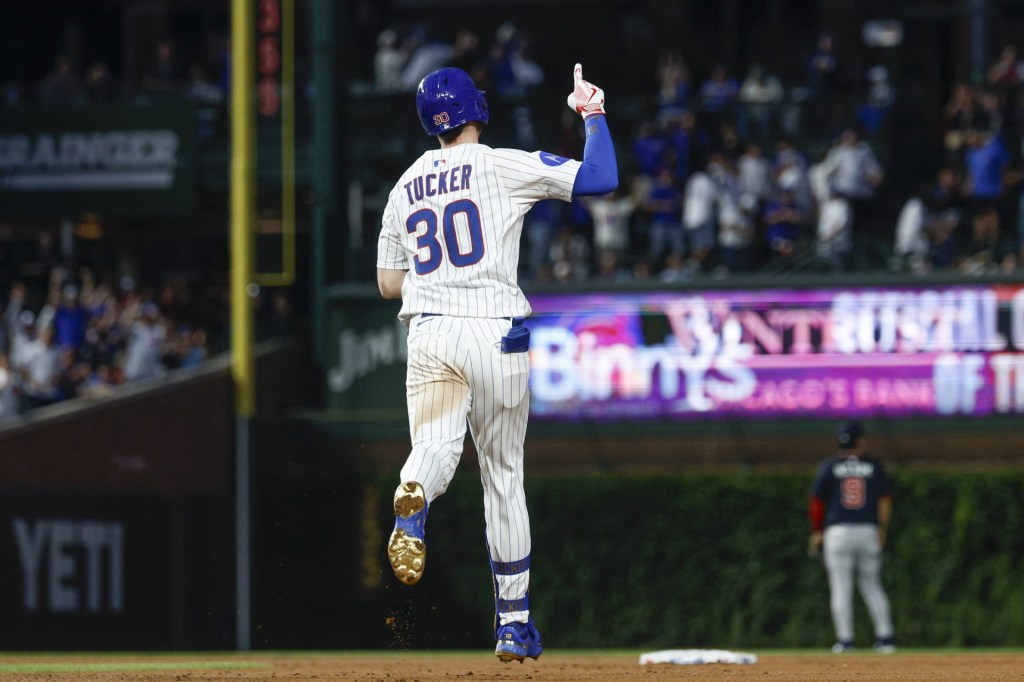
![[Subscription Customers Only] Jul 13, 2025; East Rutherford, New Jersey, USA; Chelsea FC midfielder Cole Palmer (10) celebrates winning the final of the 2025 FIFA Club World Cup at MetLife Stadium](https://frontofficesports.com/wp-content/uploads/2026/02/USATSI_26636703-scaled-e1770932227605.jpg?quality=100&w=1024)



